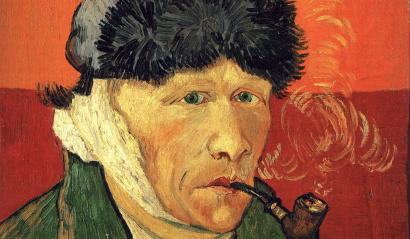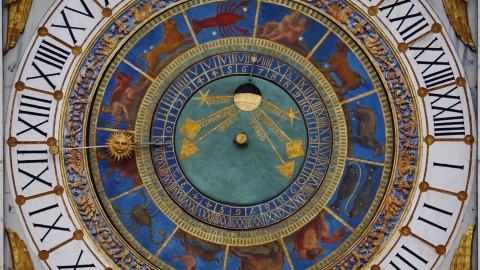Greed and Maslow’s Hierarchy Of Needs
The 20th century psychologist Abraham Maslow proposed that healthy human beings have a certain number of needs, and that these needs are arranged in a hierarchy, with some needs (such as physiological and safety needs) being more primitive or basic than others (such as social and ego needs). Maslow’s so-called ‘hierarchy of needs’ is often presented as a five-level pyramid, with higher needs coming into focus only once lower, more basic needs have been met.
Maslow called the bottom four levels of the pyramid ‘deficiency needs’ because a person does not feel anything if they are met. Thus, physiological needs such as eating, drinking, and sleeping are deficiency needs, as are safety needs, social needs such as friendship and sexual intimacy, and ego needs such as self-esteem and recognition. On the other hand, Maslow called the fifth level of the pyramid a ‘growth need’ because it enables a person to ‘self-actualize’, that is, to reach his fullest potential as a human being. Once a person has met his deficiency needs, the focus of his anxiety shifts to self-actualization, and he begins—even if only at a subconscious or semiconscious level—to contemplate the context and meaning of life.
The problem with greed is that it grounds us on one of the lower levels of the pyramid, and thereby prevents us from acceding to the top level of growth and self-actualization. Of course, this is the precise purpose of greed: to defend against existential anxiety, which is the type of anxiety associated with the highest rung of the pyramid.
Tags: Greed And Religion Grip Of Greed Is Greed Good? Maslow’s Hierarchy The Mind Is Greed










